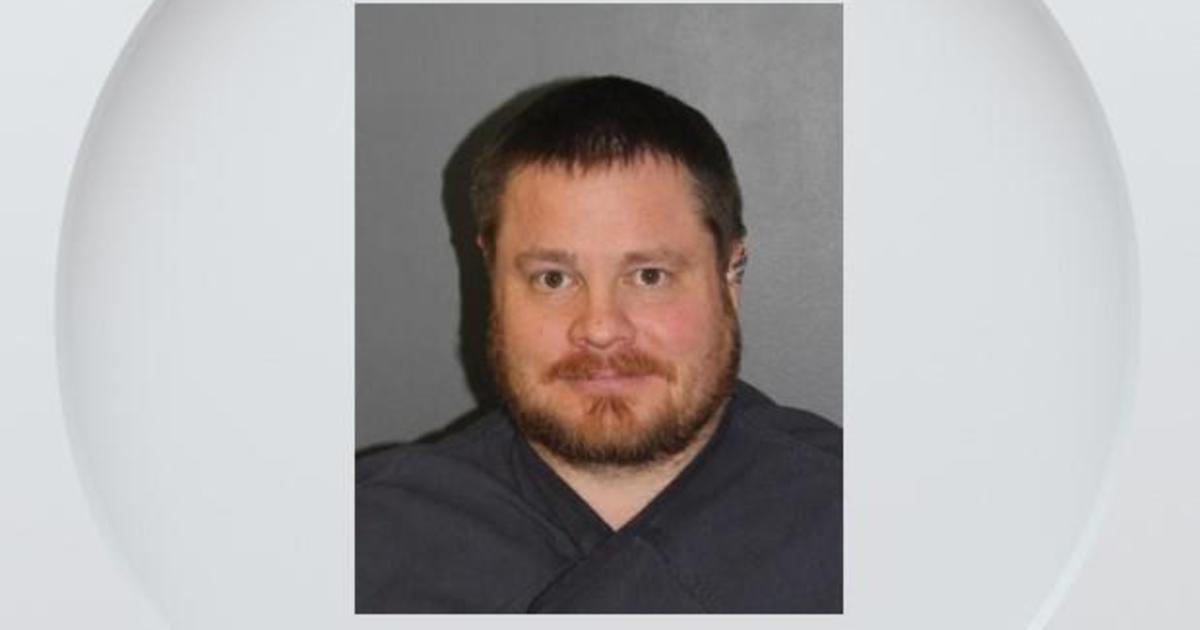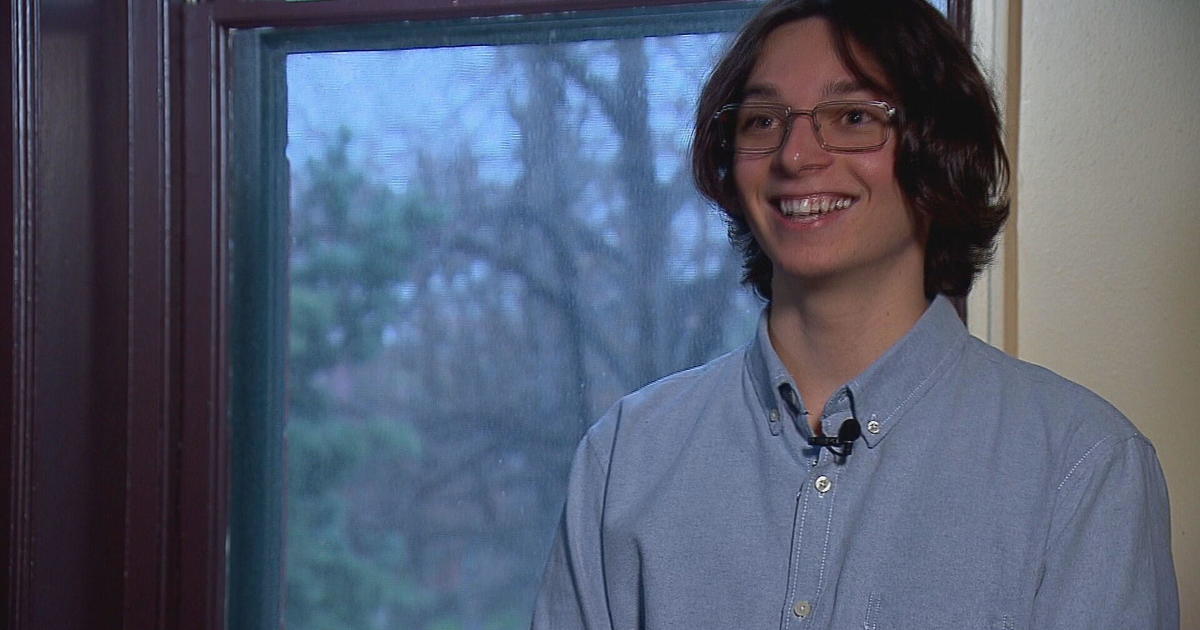No Ruling On Colorado Solitary Inmate Pending Review
DENVER (AP) - An inmate who has mental illness and has been held in solitary confinement for the last 12 years wants to once again "feel the sun against his skin," his lawyer told a federal court judge Tuesday.
Troy Anderson has been held in solitary at the Colorado State Penitentiary since 2000 after being convicted of attempted murder and other offenses. His lawyers filed a lawsuit, arguing that his untreated mental illness has caused disruptions that led to him being held in isolation.
Anderson was defended by a group of University of Denver law students who are allowed to act as lawyers for clients in federal court under a school program.
Brenden Desmond said Anderson should get three days of outdoor recreation a week. He also asked the court for a plan to reassess Anderson's mental health treatment, saying that the medication prescribed the last six years for him wasn't working.
He asked: "When is enough, enough?"
The attorney for the state corrections department, Chris Alber, said Anderson has received more than adequate attention for his mental health problems and has admitted to being dangerous. Alber said an indoor recreation room Desmond uses is sufficient for providing fresh air and sunlight.
"You don't think that's cruel and unusual?" Judge R. Brooke Jackson asked Alber about Anderson not having been outside in more than a decade.
"I do not," Alber responded. "I don't think what he's been provided is really all that different."
Following the arguments, Jackson decided to keep the case open until state prison officials wrap up a review of solitary confinement policies May 15. Jackson said he'll then give lawyers for both Anderson and the prison system 10 days to make additional written arguments based on the findings.
Desmond, who is close to graduating from the law school, said the Colorado Department of Corrections has been delinquent in helping treat Anderson's attention deficit hyperactivity disorder by not prescribing adequate medication.
Anderson hugged the students helping his case after his handcuffs were removed.
Laura Rovner, founder of the civil rights program at the law school that advises students on representing inmates, said the recreation room at the prison has just one pull-up bar and that sunlight and fresh air come from a metal grate with holes in it.
The school has represented inmates of other solitary confinement cases, but mostly ones that involve the federal facility in Florence. The difference with Anderson's case is his defenders are equally concerned with the treatment of his ADHD and other mental health issues.
Rovner said she's seen an increasing number of lawsuits the last few years over the conditions of solitary confinement, mostly because of awareness from the mental health community.
According to Rovner, the community often finds those who don't have major mental health problems that are placed in isolation often experience loss of concentration and depression that can lead to suicidal thoughts. For those with these existing conditions, confinement just makes it worse.
Solitary confinement is a tool used by prison officials to maintain prison safety. Inmates are placed there for various reasons that include fighting, organizing gangs or violating other prison rules.
The lawsuit said Anderson has been diagnosed with at least two disorders which can lead to panic attacks, and has shown traits of other disorders that can lead to explosive behavior. It also says prison officials have not properly diagnosed and treated Anderson.
Prison officials argue they have treated Anderson with at least four different medications since 2004 and that he remains dangerous.
Officials currently consider behavior and other factors like the type of crime and the length of the sentence in deciding whether to put an inmate in solitary confinement.
An independent analysis by the National Institute of Corrections, the U.S. Department of Justice and two national corrections experts last fall found that the Colorado Department of Corrections relied too much on solitary confinement.
Corrections Executive Director Tom Clements in January announced that the agency was transferring 321 inmates back to the general prison population after reviewing about 870 cases. Clements now requires a review of all instances in which an inmate is held in solitary confinement for more than a year.
A bill passed last year requires prison officials to provide annual reports to lawmakers about inmates with mental illnesses or developmental disabilities who are placed in solitary confinement, including how long they've been there and the reasons for placement.
- By REMA RAHMAN, Associated Press (Associated Press writer P. Solomon Banda contributed to this report)
(© Copyright 2012 The Associated Press. All Rights Reserved. This material may not be published, broadcast, rewritten or redistributed.)



